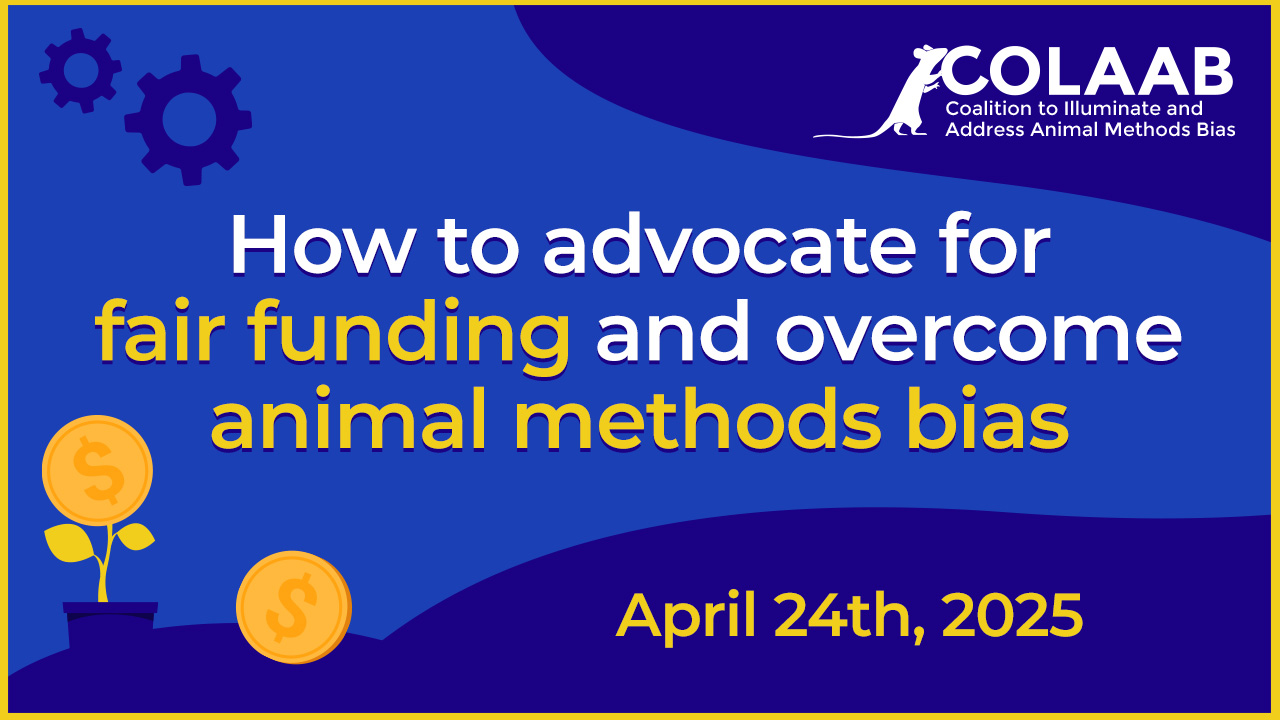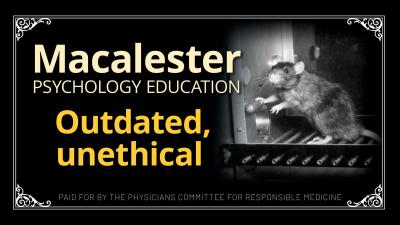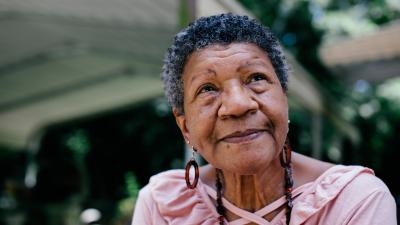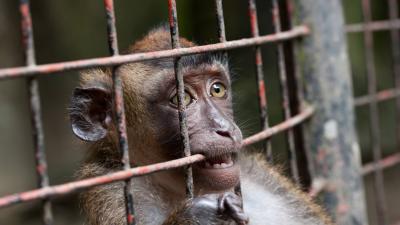Event to Train Researchers How to Advocate for Fair Funding of Nonanimal Studies

On World Day for Animals in Laboratories—a yearly event that acknowledges the suffering of millions of animals used in research—the Physicians Committee-led Coalition to Illuminate and Address Animal Methods Bias (COLAAB) hosted an advocacy webinar preparing scientists to advocate for the fair review of funding applications for nonanimal research.
Funders of medical research like the National Institutes of Health and the European Commission play a major role in driving medicine forward. Research using nonanimal methods can sometimes be hindered by reviewers at these and other institutions due to a phenomenon called animal methods bias, in which preferences for animal-based research methods or a lack of expertise to adequately evaluate nonanimal methods result in the unfair assessment of nonanimal research. The COLAAB is an international collaboration of researchers and advocates aiming to better characterize and address this bias, to overcome barriers to the broader use of nonanimal, human-specific research.
During a 2024 COLAAB workshop, participants shared anecdotal accounts of reviewers insisting on the addition of animal experiments and being hesitant to embrace nonanimal methods. Attendees learned of strategies for researchers to avoid and address animal methods bias during funding applications and recommendations for funders that would mitigate bias in their review processes.
Building on the 2024 workshop, on April 24th, the COLAAB hosted their first advocacy-focused webinar to educate scientists on how to advocate for changes to address animal methods bias and on its impact on the ability of animal-free researchers to receive crucial funding. The webinar provided an overview of the Animal Methods Bias Advocacy Toolkit, which was developed to assist researchers as they advocate for funders to level the playing field for NAMs. The toolkit provides a step-by-step guide to engaging with funders, including how to identify which funders may be receptive to mitigating animal methods bias and how to determine the most appropriate manner of engagement to increase the likelihood of success.
To accompany the toolkit, the COLAAB provided a template letter for researchers to submit to funders. This letter includes key information about the advantages of nonanimal research methods and the importance of funding agencies ensuring that peer review is not a barrier to the broader development and use of NAMs. Researchers can customize the letter to reflect their unique experiences and suggest any of several recommendations proposed by the COLAAB, including (1) establishing NAMs-specific funding streams to ensure fair competition and appropriate expertise in review panels, (2) increasing awareness of animal methods bias through targeted training for reviewers and review staff, and (3) implementing proposal evaluation criteria that assess experimental methods based on their suitability for the research questions, context of use, translatability, and human relevance, to help promote impartiality during review.
The COLAAB also empowers researchers to address animal methods bias beyond events like the advocacy webinar. The Author Guide for Addressing Animal Methods Bias in Publishing provides practical advice to prevent and address bias during the review of scientific studies for publication, while our Recommendations for Researchers provide more general tips on the role they can play in helping to overcome animal methods bias, like raising awareness of the issue and participating in review groups. Looking forward, the Physicians Committee and the COLAAB will continue working to make the research enterprise fairer for researchers wanting to use nonanimal approaches, which will not only end the suffering of animals in laboratories but also improve the effectiveness of medical research.







